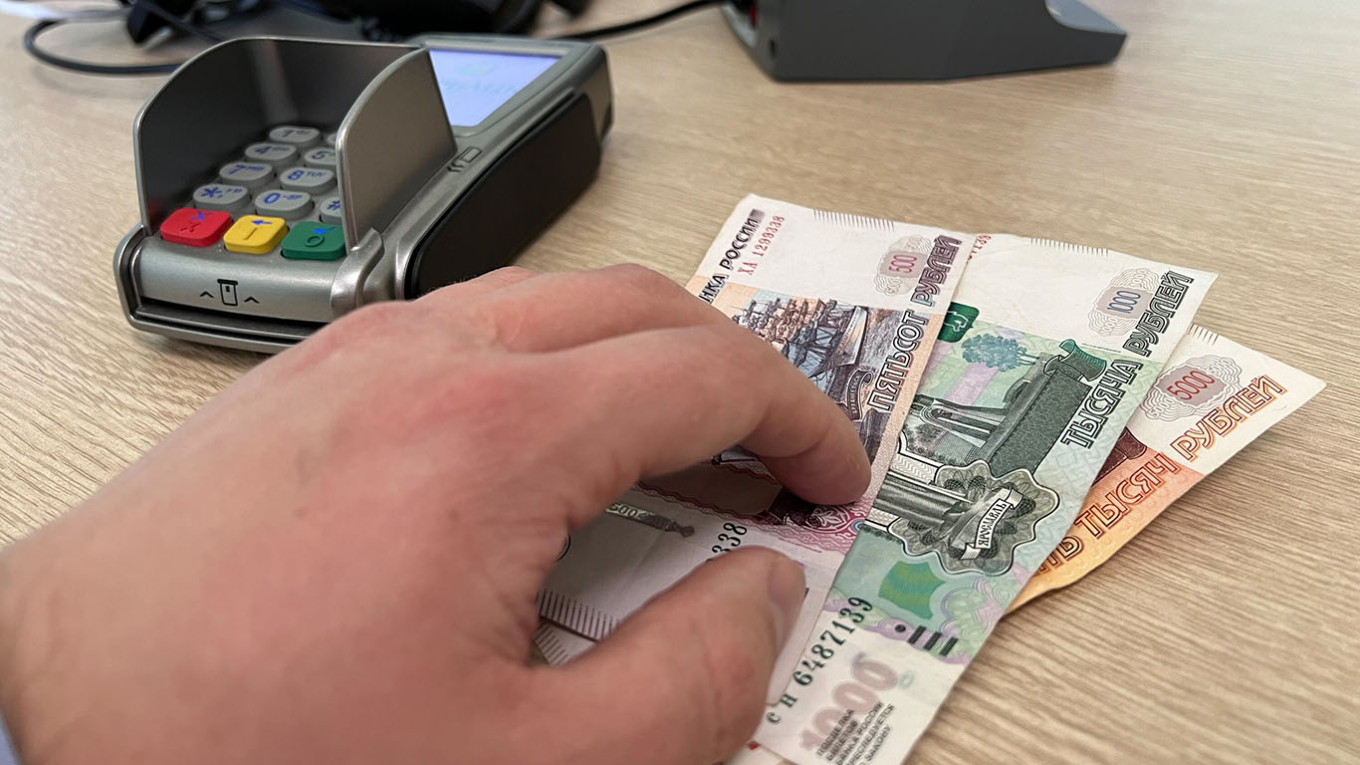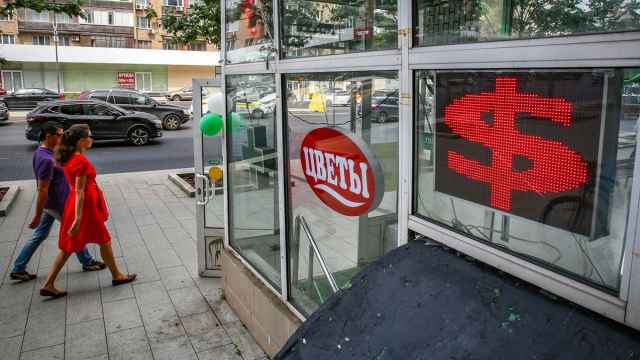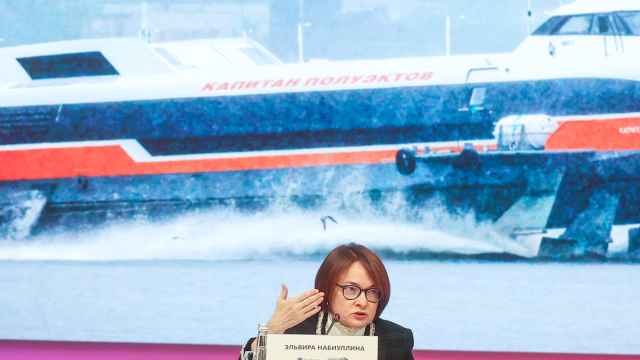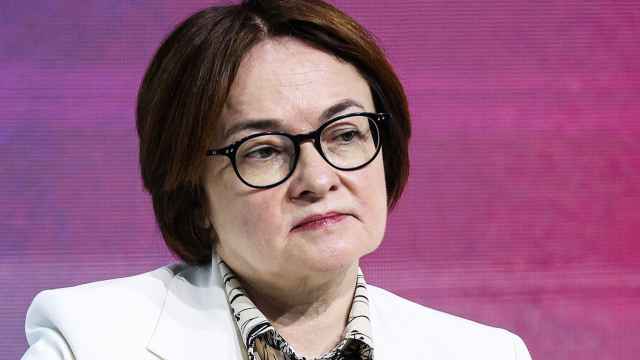Russia saw a sharp increase in cash circulating in the economy between July and September, with the volume of banknotes in use increasing by 659 billion rubles ($8.4 billion), the pro-Kremlin daily Izvestia reported Monday, citing Central Bank data.
The jump is more than five times larger than during the same period in 2024, when cash in circulation grew by 137 billion rubles ($1.7 billion).
A bigger surge of around 1.1 trillion rubles ($14 billion) was last recorded during the first year of the full-scale war in Ukraine, a time of heightened economic uncertainty.
The Central Bank has previously linked the trend to more frequent cash withdrawals due to recurring internet outages that began in Moscow in May.
Shutdowns are now being recorded daily in more than 50 regions, the monitoring project Na Svyazi has said.
The Ulyanovsk region has cut off mobile internet entirely until the end of the war.
Many Russians have taken this as a signal to keep a reserve of cash on hand, Olga Belenkaya, head of macroeconomic analysis at Finam, told Izvestia.
She added that demand for cash has also been pushed higher by stricter bank scrutiny of suspicious transactions, which has led to widespread card and transfer blocks.
Concerns about greater attention from tax authorities have also contributed, Valeria Popova, a senior analyst at investment firm Rikom-Trust, told Izvestia.
The Federal Tax Service has had access to certain banking controls as part of efforts to combat evasion of personal income and self-employment taxes since July 1.
The agency can now review individual accounts in cases involving questionable transfers or discrepancies between reported income and account balances.
For now, cashless payments still account for about 87% of transactions.
That share had been rising thanks to digitalization, the expansion of the fast-payments system, bank bonus programs and cashback offers, as well as high deposit rates that made keeping money in banks more attractive, Belenkaya said.
Still, the banking sector has already experienced an outflow of funds of around 200 billion rubles ($2.54 billion) in the first half of the year, according to the Central Bank.
Rikom-Trust analysts quoted by Izvestia warned that heavier reliance on cash can make financial oversight more difficult and create openings for tax evasion and growth of the shadow economy.
A Message from The Moscow Times:
Dear readers,
We are facing unprecedented challenges. Russia's Prosecutor General's Office has designated The Moscow Times as an "undesirable" organization, criminalizing our work and putting our staff at risk of prosecution. This follows our earlier unjust labeling as a "foreign agent."
These actions are direct attempts to silence independent journalism in Russia. The authorities claim our work "discredits the decisions of the Russian leadership." We see things differently: we strive to provide accurate, unbiased reporting on Russia.
We, the journalists of The Moscow Times, refuse to be silenced. But to continue our work, we need your help.
Your support, no matter how small, makes a world of difference. If you can, please support us monthly starting from just $2. It's quick to set up, and every contribution makes a significant impact.
By supporting The Moscow Times, you're defending open, independent journalism in the face of repression. Thank you for standing with us.
Remind me later.






